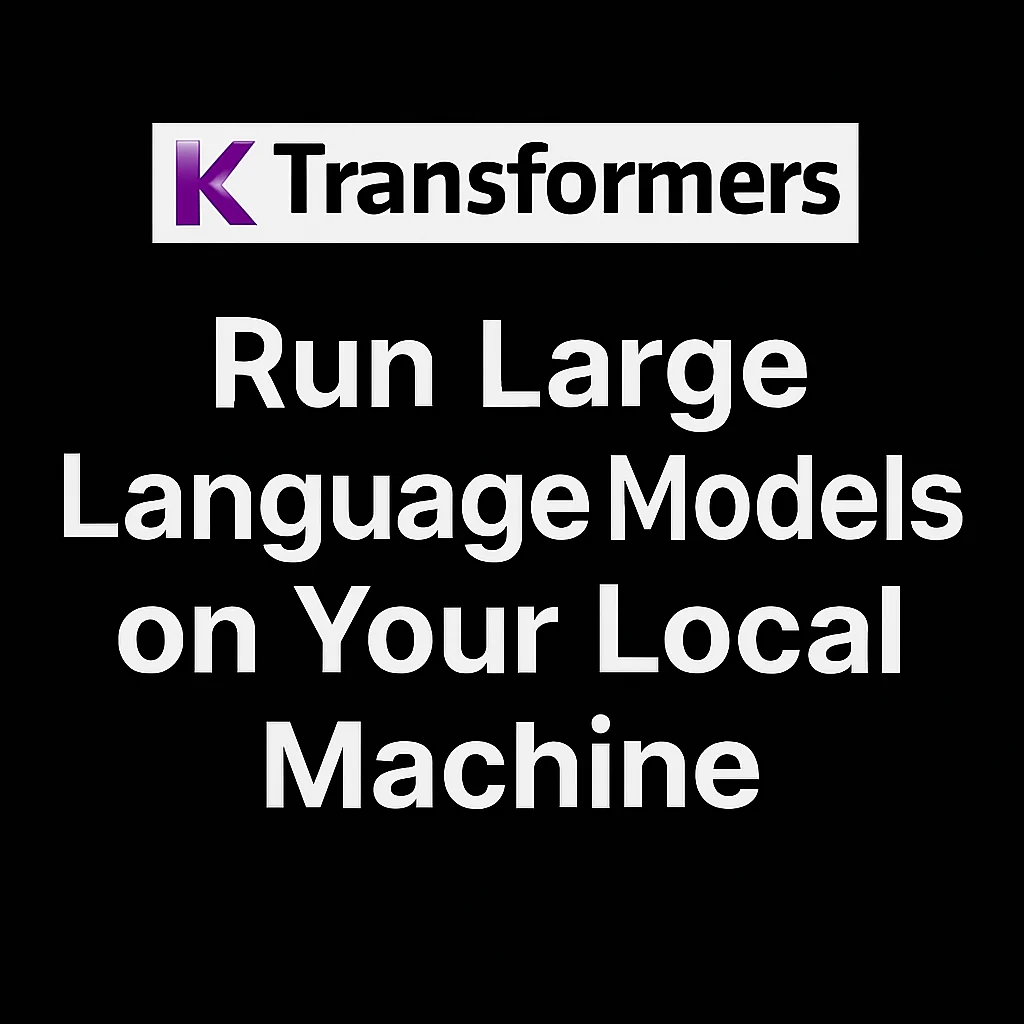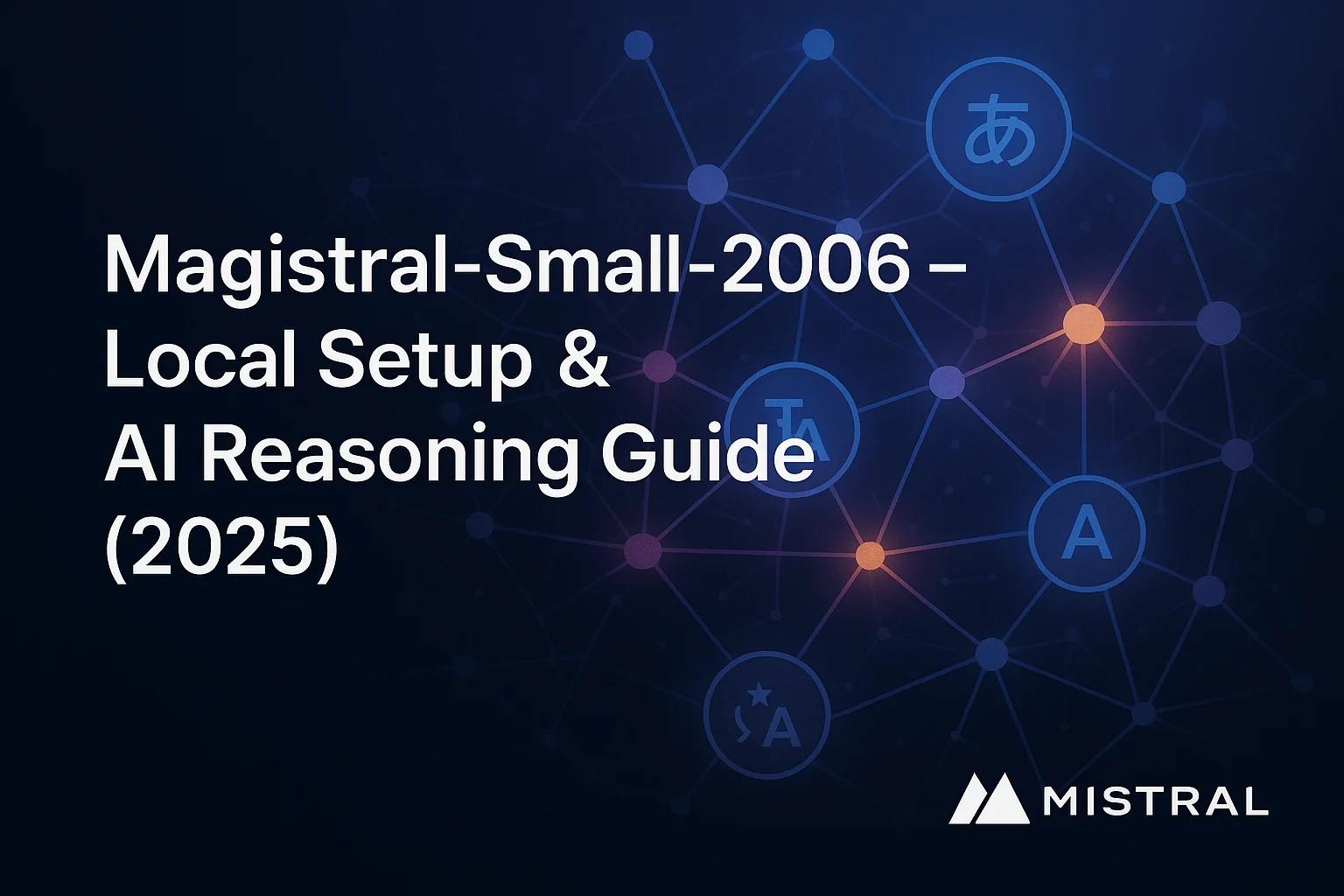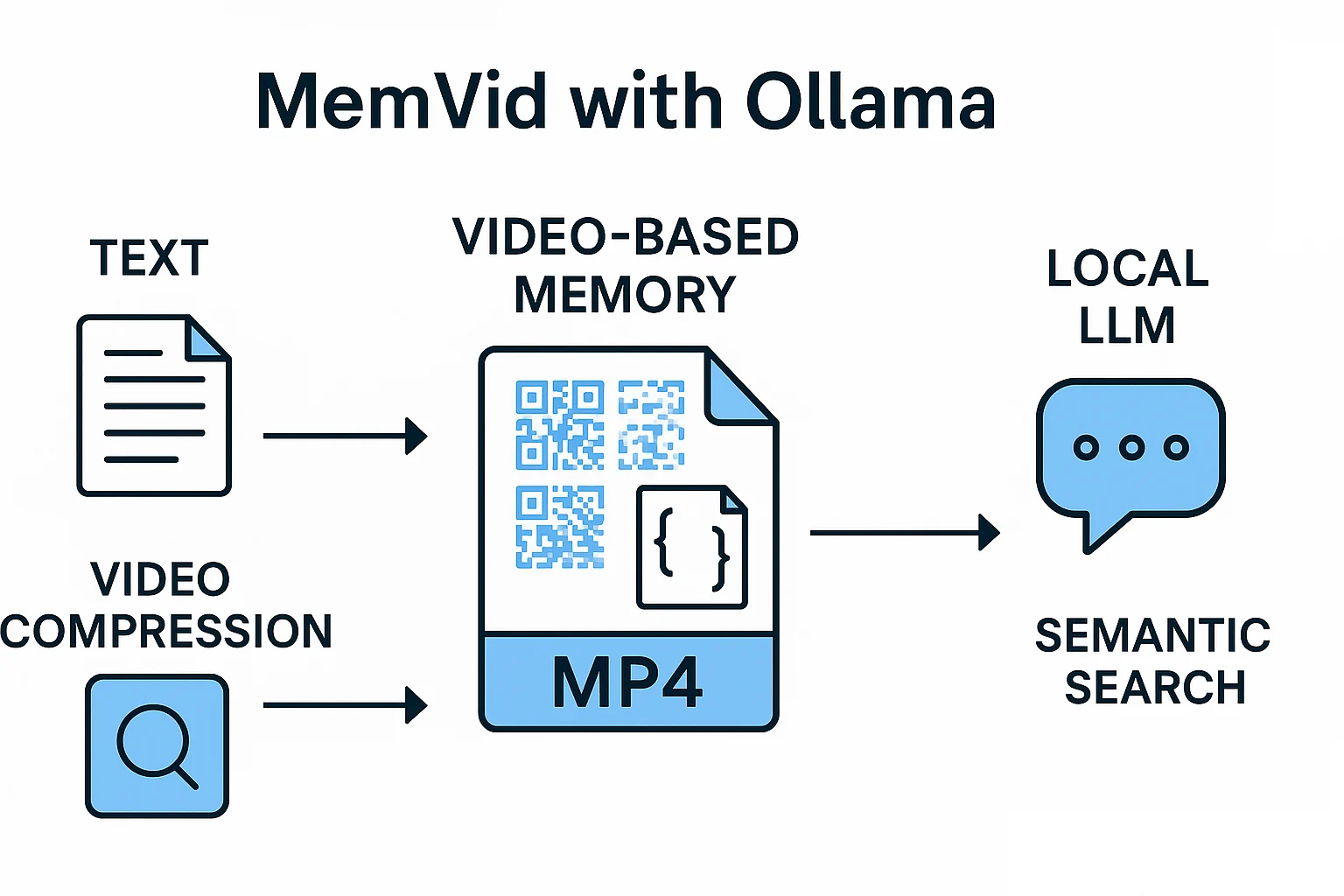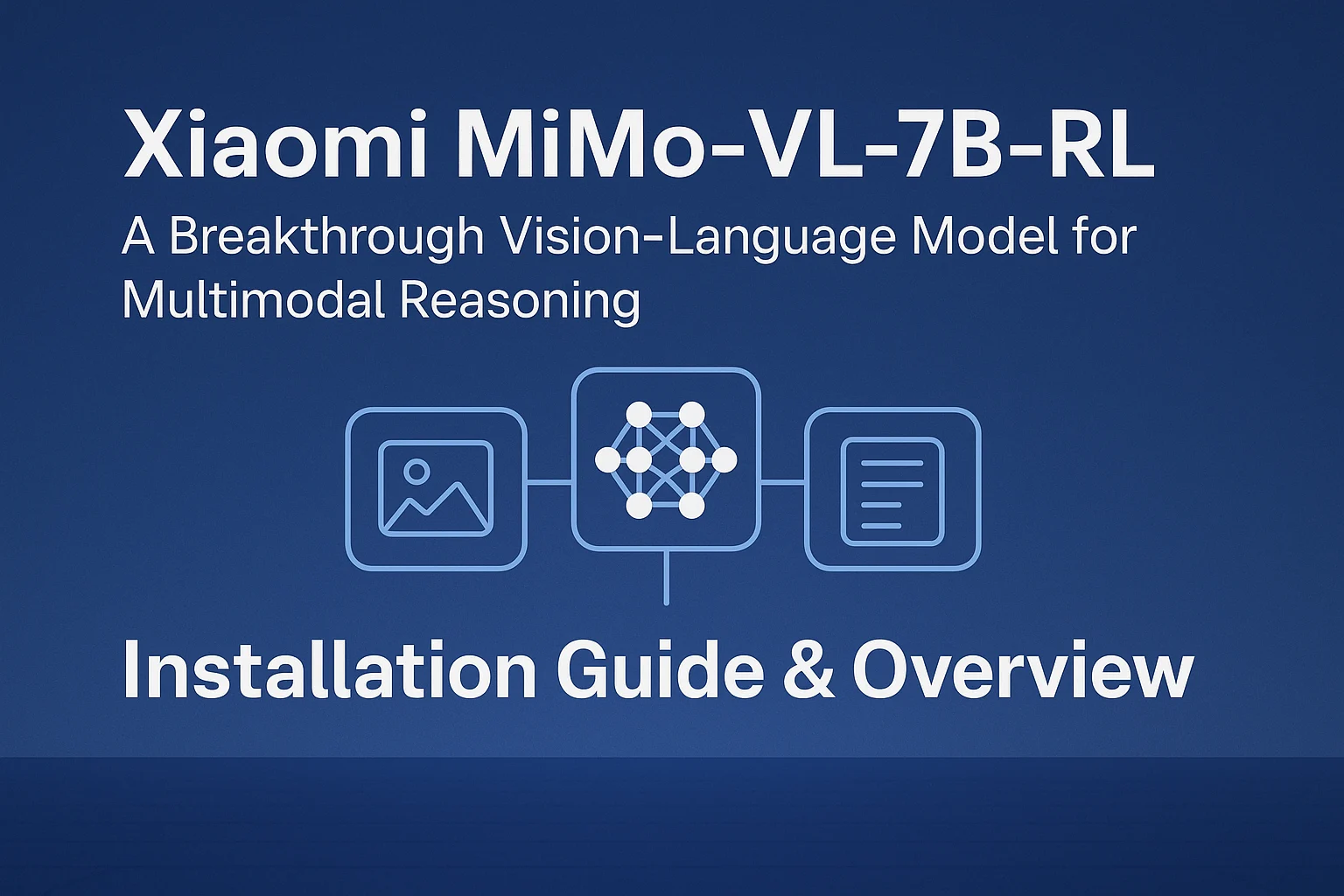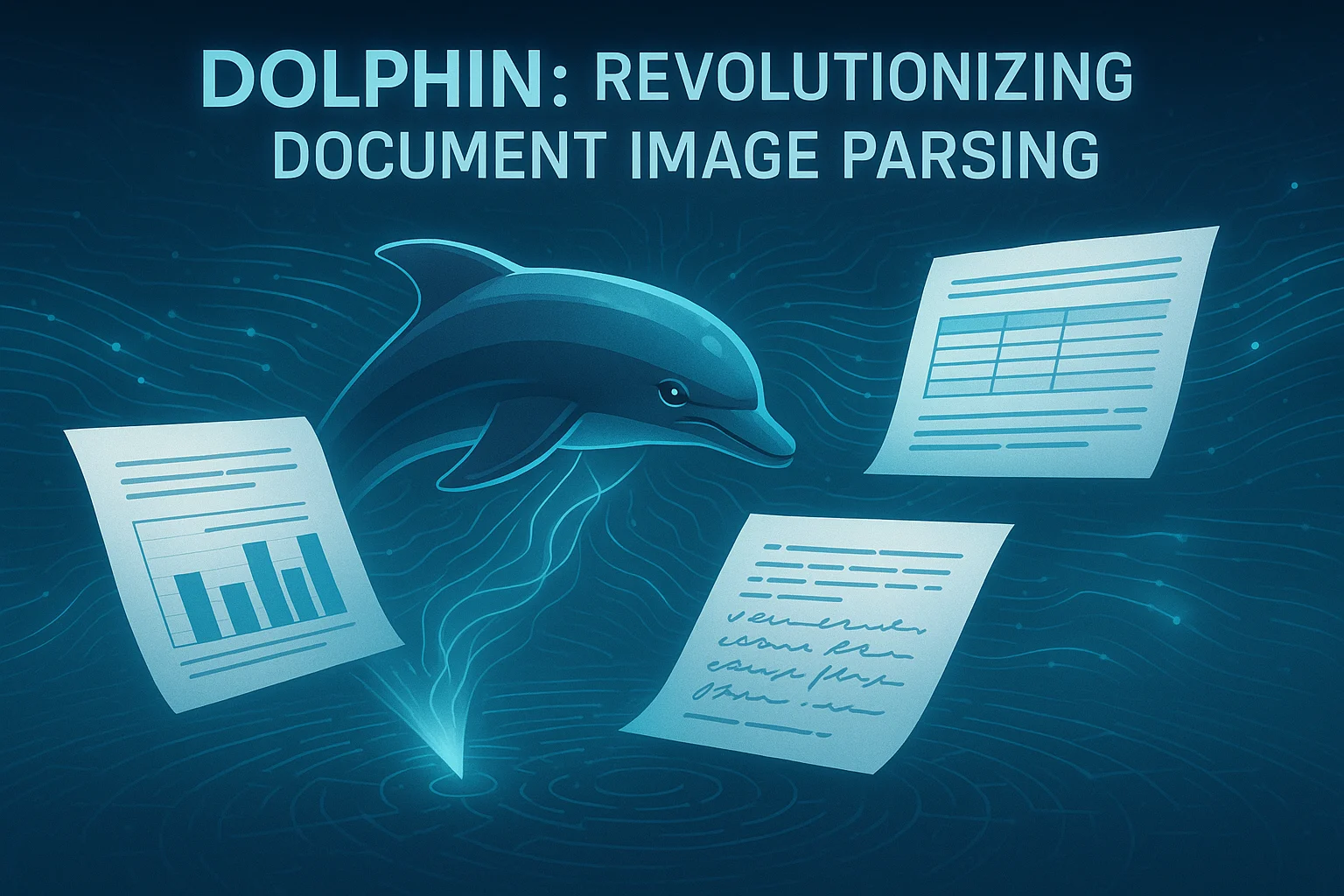Introduction
Large language models (LLMs) have revolutionized natural language processing, but deploying them locally has long been considered impractical due to massive hardware requirements. Traditional transformers often demand multiple high-end GPUs with 80GB VRAM each. Quantized versions of large language models provide some improvements but don’t fully unlock the model’s potential. Solutions like Ollama, BitByte, and similar platforms offer the option to run LLMs locally, though their efficiency is still limited. Enter K Transformers, a memory-efficient framework that allows models like DeepSeek V3 to run on setups with as little as 12GB of GPU VRAM, backed by ample system RAM.
This blog explores how K Transformers works, how to install it on Ubuntu, and what to expect from local inference.
What Are K Transformers?
K Transformers is an open-source library optimized for running large transformer-based LLMs on commodity hardware. Developed to support efficient inference, it achieves breakthrough memory efficiency by combining three innovative techniques:
1. Multi-Head Latent Attention (MLA)
Instead of decompressing and caching key-value pairs during inference like traditional models, K Transformers compresses them on the fly. This drastically reduces memory footprint, making it possible to run 40B+ models on a single consumer GPU.
2. Advanced Quantization Kernels
K Transformers uses Marlin on GPU and Llama.cpp on CPU to operate directly on quantized weights. This eliminates the need for costly dequantization and accelerates processing.
3. Smart CPU/GPU Workload Distribution
Heavy tasks (like attention) are handled by the GPU, while lighter ones (such as mixture-of-expert computations) are offloaded to the CPU. This hybrid execution balances performance and memory usage.
Why K Transformers Matter?
- Local LLM Development: Developers can now experiment with massive models on a single desktop.
- Cost Savings: Avoid costly cloud setups with 80GB+ GPU VMs.
- Open Ecosystem: Integrates easily with Hugging Face models and tools.
K Transformers Injection Framework: A Quick Overview
KTransformers features a user-friendly, template-based injection framework designed for seamlessly replacing standard PyTorch modules with highly optimized alternatives. This modular approach empowers researchers and developers to experiment with various performance improvements and combine them to explore potential synergies.

While vLLM excels in large-scale deployment scenarios, KTransformers is optimized for local environments, especially where computational resources are limited. It places special emphasis on heterogeneous computing, enabling efficient CPU/GPU offloading of quantized models. For instance, KTransformers supports Llamafile for efficient CPU inference and Marlin kernels for GPU acceleration, making it a versatile tool for running high-performance models across diverse hardware setups.
K Transformers System Requirements and Dependencies
System Requirements
Before installing KTransformers, ensure your system meets the following requirements:
Minimum Hardware:
- NVIDIA GPU with at least 24GB VRAM (RTX 4090, A6000, or equivalent)
- 136GB+ system RAM for large models
- 400GB+ available storage for model weights
- CUDA-compatible drivers and toolkit
Software Dependencies:
- Ubuntu 20.04 or later (other Linux distributions may work)
- Python 3.8+
- CUDA 11.8 or later
- CMake (latest version recommended)
How to install and run K Transformers locally?
K Transformer Step-by-Step Installation Guide
Here’s a detailed setup to get K Transformers running on your Ubuntu system with CUDA 12.8 support.
Prerequisites
- Ubuntu (Jammy 22.04 recommended)
- NVIDIA GPU (≥ 20GB VRAM, e.g. A6000 or 4090)
- 136GB+ System RAM
- CUDA 12.8 installed
1. Create Conda Environment
conda create --name k-transformers python=3.11 -y
conda activate k-transformers2. Install Latest CMake
wget -O - https://apt.kitware.com/keys/kitware-archive-latest.asc 2>/dev/null | gpg --dearmor | sudo tee /etc/apt/trusted.gpg.d/kitware.gpg >/dev/null
sudo apt-add-repository "deb https://apt.kitware.com/ubuntu/ jammy main"
sudo apt-get update
sudo apt-get install -y cmake3. Install Required Dependencies
sudo apt-get install -y libnuma-dev libtbb-dev libssl-dev libcurl4-openssl-dev
sudo apt-get install -y libaio1 libaio-dev libgflags-dev zlib1g-dev libfmt-dev4. Set CUDA Path
export CUDA_PATH=/usr/local/cuda-12.8
echo 'export CUDA_PATH=/usr/local/cuda-12.8' >> ~/.bashrc5. Install PyTorch & Core Python Packages
pip install torch torchvision torchaudio --index-url https://download.pytorch.org/whl/cu126
pip install packaging ninja cpufeature numpy6. Install Flash Attention
pip install flash-attn --no-build-isolation7. Clone and Build K Transformers
git clone https://github.com/kvcache-ai/ktransformers.git
cd ktransformers
git submodule update --init --recursive8. Install GCC 12
conda install gcc_linux-64=12 gxx_linux-64=12 -y9. Run Install Script
bash install.sh10. Set Up Hugging Face CLI
pip install huggingface_hub
huggingface-cli loginPost-Install Test: Verify Setup
Create a Python test script to verify K Transformers and model loading:
import torch
from transformers import AutoTokenizer
import ktransformers
print("Testing KTransformers...")
print(f"KTransformers version: {ktransformers.__version__}")
print(f"PyTorch version: {torch.__version__}")
print(f"CUDA available: {torch.cuda.is_available()}")
print(f"GPU: {torch.cuda.get_device_name(0) if torch.cuda.is_available() else 'No GPU'}")
model_name = "Qwen/Qwen2.5-0.5B-Instruct"
tokenizer = AutoTokenizer.from_pretrained(model_name)
inputs = tokenizer.encode("Hello, how are you?", return_tensors="pt")
print(f"Input shape: {inputs.shape}")Running Your First Model Locally
Try a Small Model First
from transformers import AutoTokenizer, AutoModelForCausalLM
import torch, time
model_name = "Qwen/Qwen2.5-0.5B-Instruct"
tokenizer = AutoTokenizer.from_pretrained(model_name)
model = AutoModelForCausalLM.from_pretrained(model_name, torch_dtype=torch.float16, device_map="auto")
prompt = "Hello! How can I help you today?"
inputs = tokenizer(prompt, return_tensors="pt").to(model.device)
start_time = time.time()
with torch.no_grad():
outputs = model.generate(**inputs, max_new_tokens=50, temperature=0.7)
print("Response:", tokenizer.decode(outputs[0], skip_special_tokens=True))
print(f"Inference time: {time.time() - start_time:.2f} sec")Deploying Large Models: DeepSeek R1 Example
Download Model Locally
huggingface-cli download deepseek-ai/DeepSeek-R1-671B --local-dir ./deepseek-r1Run Chat Inference
python local_chat.py --model-path ./deepseek-r1Monitor Resource Use
You’ll see that even with a 671B parameter model, VRAM stays under 12GB, thanks to K Transformers’ MLA and quantization.
Real-Time Performance and Limitations
- Token generation: ~4 tokens/sec
- Startup time: Initial load takes 10–15 minutes
- Ideal use case: Prototyping, research, not production-scale deployments
Understanding transformer block structure (e.g., QA, KVA, LayerNorms) also helps with optimization and debugging.
For More Details Check: Official GitHub
Official Website: Click Here
Conclusion
K Transformers has made local LLM deployment not just possible but practical. With smart memory management, quantized attention layers, and CPU-GPU hybrid execution, even enormous models like DeepSeek R1 can now run on hardware many AI enthusiasts already own. While performance is modest, the technology democratizes access to cutting-edge AI capabilities.
If you’re passionate about AI but limited by your hardware, K Transformers is your gateway to exploring powerful models from your desktop.
Md Monsur Ali is a tech writer and researcher specializing in AI, LLMs, and automation. He shares tutorials, reviews, and real-world insights on cutting-edge technology to help developers and tech enthusiasts stay ahead.

